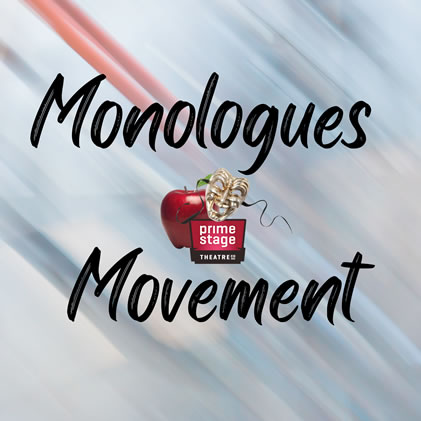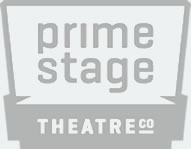Monologues & Movement
Monologues & Movement

Prime Stage Theatre’s Monologue & Movement in-school Workshop
Effective acting techniques for middle schoolers include focusing on emotional authenticity, understanding character motivation, mastering vocal and physical control, and practicing improvisation. Key activities are character development through backstory and internalizing motivations, developing clear diction and modulation in voice, and using expressive body language, not just fidgeting. To start, warm up vocally and physically, engage in improvisation games, and analyze scenes to understand characters' goals and conflicts.
The price for this workshop:
4-day workshop $400
6-week semester workshops $1,000
Professional training will help students develop reading, memorizing, characterizations, and physical movement.
Students will learn to build:
These three elements are the bedrock of every great performance.
Students will begin the class by selecting from a list of monologues that appeal to them. They will learn how to effectively read a monologue from a play, analyze what the character is saying and doing.
Each class will include the following:
Students will end each class assessing their progress by critiquing of each other and journaling their individual progress.
Students will present Monologues & Movements as a presentation for their school community and/or parents.
Warm-Ups
Practice diaphragmatic breathing, articulate clearly, and use voice modulation to make sounds richer and more expressive. Facial exercises can warm up the mouth and face for performance.
Character Driven Movement
Ensure every physical action, like shifting weight or gesturing, comes from the character's internal motivations and intentions.
Expression
Use body language to convey emotions and tell the story visually, as you’re speaking the lines.
Emotional Authenticity:
Go beyond reciting lines to genuinely feel the character's emotions in the moment.
Character Depth: Create a backstory for the character and develop their gestures, vocal style, to make the character believable.
Scene Analysis:
Analyze scenes to identify the conflict and the character's specific goal or motivation, as these drive the character's actions and choices.
Improvisation:
Participate in improv games to practice spontaneous reactions and develop teamwork skills.
Present Moment & Connection:
Stay present in the scene, focus on the scene partner, and allow the moment to unfold naturally.
Focus & Awareness:
Pay attention to your scene partner to listen and react genuinely, connecting with them to create a real moment on stage
The price for this workshop:
4-day workshop $400
6-week semester workshop $1,000
Education Program Funding
Our Education Programs are funded in part by:
The Grable Foundation, The Laurel Foundation, McKinney Charitable Trust of the PNC Foundation, Nora Roberts Foundation

